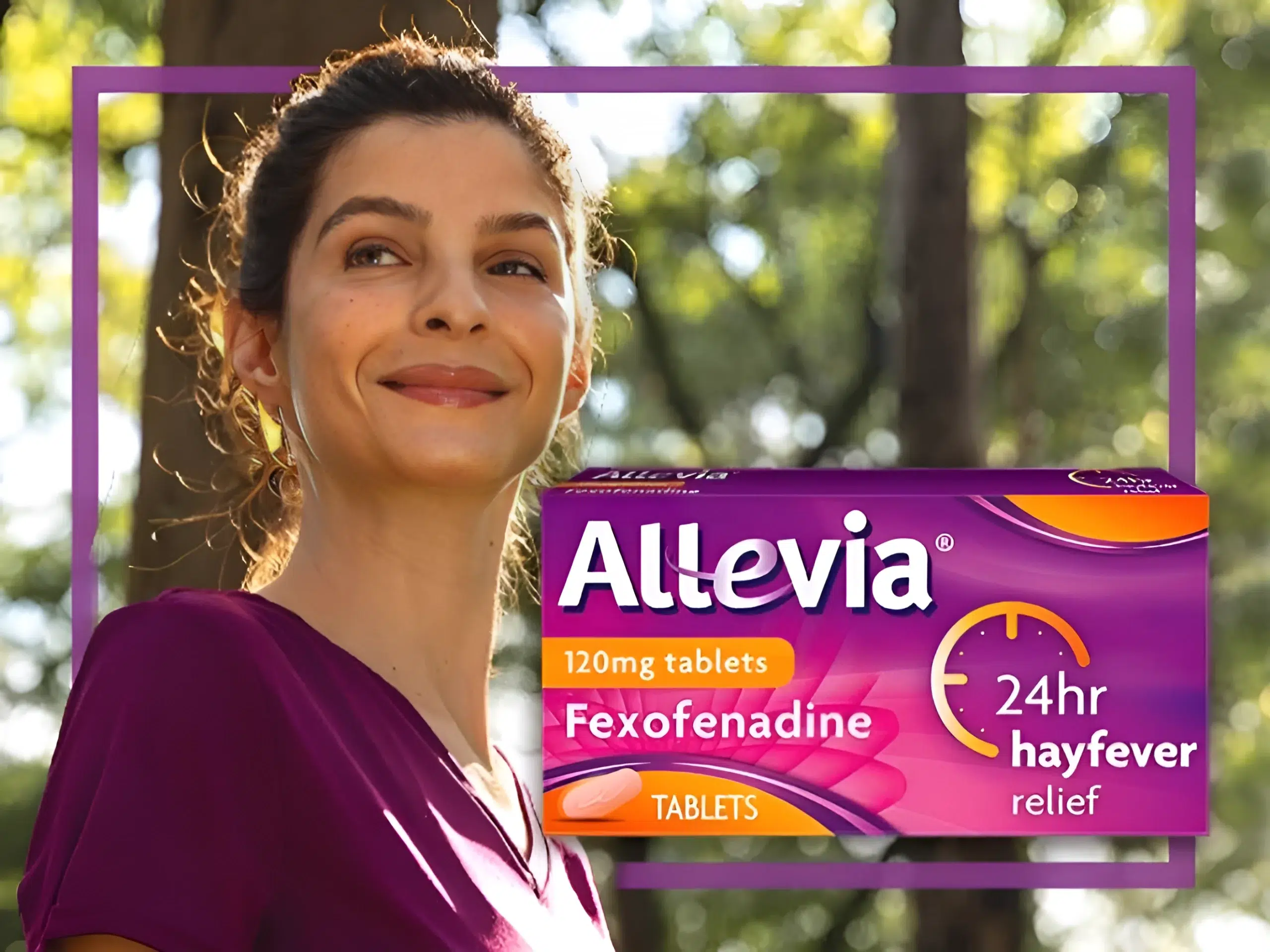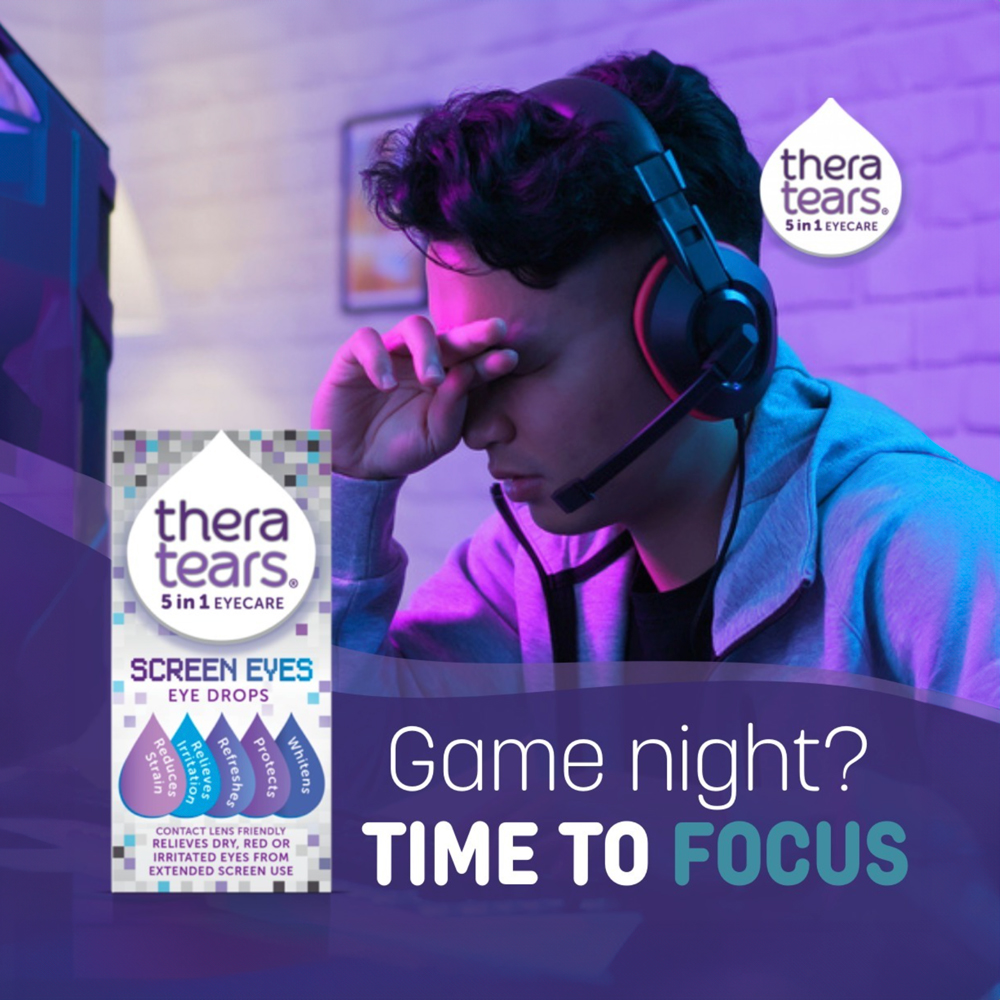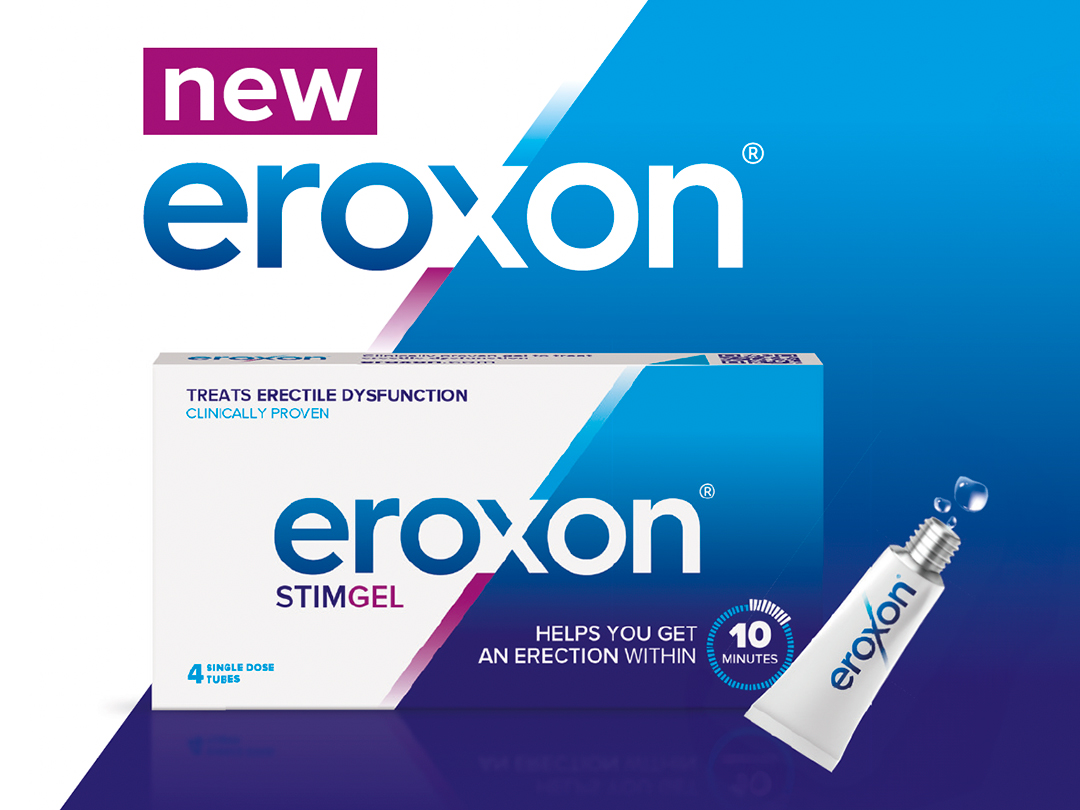
November 22, 2023
In Blogs

In the ultra-competitive landscape of the Health & Wellness market, it takes more than a compelling pitch to win shelf space and listings with UK retailers. A robust market for self-care and health-conscious products has emerged, with a focus on making the prevention and remediation of illness more accessible and affordable for everyone — but stores don’t have elastic shelves. Brands have to work hard for their space and demonstrate incrementality to their category. Even online stores have a limited number of slots to fill. As more companies battle for a share of the booming £13.31 billion beauty and personal care market (Statistica 2023), it becomes increasingly challenging to stand out.
It is crucial for Health & Wellness brand owners to understand what consumers want and need — better yet, what they didn’t know they wanted. But they must also empathise with retail buyers to get their products over the line. With the right strategy, brand owners can develop a strong and successful partnership with their target retailers — one which will benefit not only the brand but the retailer and consumers as well. In this blog post, we will explore the key pulls UK retailers are looking for in Health & Wellness brands and how to shape your strategy accordingly.

It is important to have a powerful brand activation and communication strategy to instil confidence in the retailer that consumers will feel excited about your brand and come to the store to purchase it.
Provide retailers with a tailored commercial and marketing support plan, that covers the launch phase and ongoing activities. Remember to incorporate a combination of above-the-line and below-the-line marketing strategies.
Retail buyers often want to know whether a new product or brand will be on TV. If it’s not, prepare a carefully crafted description of why alternative media are suited to your target audience. You should also highlight the quality of your promotional material and communications, proving they will cut through to your target audience, draw them into the store, and persuade them to purchase your products.
Retailers in the Health & Wellness sector are increasingly drawn to brands that have a compelling story and values that resonate with consumers. In the UK, consumers are not just looking for products; they want an experience and a connection with the brands they support. As a result, retailers are more likely to consider brands that can communicate a unique story and a sense of authenticity.
Perhaps this is why Ella’s Kitchen enjoys optimised placement in the baby category of many UK stores. Proven to be the baby food “most loved by UK parents,” the brand supports parents and infants beyond the wet food product lines it is known for with healthy recipes and weaning guides. Ella’s Kitchen also highlights its brand story, its founder’s journey, and its commitment to babies’ health and wellbeing. Their bright and playful design and tone of voice consistently set the brand apart from the competition, making it an obvious choice for retailers to favour.
In a market inundated with health claims and promises, retailers are cautious about the claims that brands make about their products. Providing clear, evidence-based information about the benefits of your products can significantly boost your chances of being selected by buyers. This might include clinical studies, research findings, and endorsements from reputable health professionals. Transparent and accurate claims such as these build trust with both retailers and consumers, creating a strong foundation for long-term success.
Health & Wellness products directly impact consumers’ wellbeing, so quality and safety are non-negotiable. Retailers take care in selecting brands that adhere to stringent quality control standards and certifications.
Every international market has its own regulatory control system for medical devices, medicines, and vitamins. Each of these product types has a different level of complexity and regulation, so if you are looking to launch an international brand in the UK, you need to ensure your products comply with local regulations.
If your products meet internationally recognised quality standards, such as ISO certifications, GMP compliance, and third-party testing, retailers will be more inclined to consider your brand as a reliable partner.
Offering a diverse range of products that cater to various health needs and preferences is vital for retailers. Retailers appreciate brands that understand the unique requirements of shoppers and provide new solutions that reflect those needs.

Boots championed the sexual health brand Eroxon, a first-of-its-kind drug-free erectile dysfunction gel, which, unlike the other products in that category, does not have to be taken orally. Its major unique selling point, coupled with a cross-channel promotional strategy, supported the brand in winning prominent product placement on the shop floor and on Boots.com, helping it to make a sale every 30 seconds during the launch phase.
New and existing brands alike should consider continuous New Product Development (NPD) to win, keep, or increase their shelf space. Market research, ideation sessions, and a robust brand strategy can empower you to stay ahead of the curve with innovative ideas that address consumers’ requirements as they evolve. You can also help your products stand out with innovative and sustainable ingredients, formulations, and delivery methods.
Your product’s packaging and labelling serve as its first impression to shoppers and retail buyers. Both consumers and commercial teams look for brands that prioritise clear, informative, and visually appealing packaging.
Ensure your packaging clearly and quickly communicates product benefits, usage instructions, ingredients, and relevant certifications to convey authenticity and help you win consumers’ trust. Remember, persuasive packaging can prompt brand-switching at the point of purchase, so assess your packaging against competitors and ensure your brand shines through. If needed and feasible, consider educational resources and customer signposting to make clear the reasons they should buy your product.
You should also optimise your brand’s website, digital presence, and communications, as many consumers research online to ensure they choose the right brand.
You should take a category approach when negotiating with retailers, with compelling data that demonstrates the opportunity, the potential enhanced category value, and the shelf space you require.
Eye care brand TheraTears earned high-level distribution across UK retailers after conducting key category insights research, optimising their brand packaging and positioning, and delivering a data-backed sell-in to trade, with a strong product placement and merchandising strategy.
To deliver a compelling brand sell-in, you should build trust, gather data, and utilise insights to devise a fixture (or product presentation) strategy that will benefit both parties. Bear in mind that although you want to claim as much of the market share as possible, the retailer will not want to lose sales from the brands they already store. You need to find a balance. Think of your negotiations with retailers more as collaborations than transactions. A human and supportive approach can help you stand out and establish a long-term partnership.
Ideation sessions can help you establish innovative shelving solutions that enhance your brand’s presence and boost the overall success of the category. You may also consider promotional partnerships and complementary product placement strategies.
Sustainability and ethical practices are no longer optional; they’re essential components of responsible business. Retailers are increasingly focused on partnering with brands that prioritise eco-friendly packaging, ethical sourcing of ingredients, and environmentally conscious manufacturing processes.
Demonstrating your commitment to sustainability not only aligns with consumer values but also positions your brand as a responsible player in the industry. Sculpted By Aimee, Ella’s Kitchen, and Dole are just a few brands that have fostered consumer respect and loyalty by opting for eco-conscious design and packaging in recent years.
Retailers often consider the reputation and customer sentiment surrounding your products. Encourage satisfied customers to leave reviews and testimonials and showcase these on your website and marketing materials. Here again, Ella’s Kitchen is a shining example of a brand that utilises its positive consumer feedback to maintain its acclaimed reputation in the baby category, with a multitude of reviews displayed across their website.
Successfully capturing the attention of retailers in the UK Health & Wellness market requires a combination of factors, from a compelling brand story and evidence-based claims to quality assurance, retailer support, and sustainability initiatives. Combining these key factors will help you to establish a prominent presence for your brand. Importantly, these strategies will support you in developing strong and long-lasting partnerships with retailers, building a foundation for sustainable success in an unpredictable industry.
If you would like support with the devising and/or execution of any of these strategies, partnering with a Health & Wellness industry expert like Ceuta Group, an IQVIA business can be a game-changing move for brands. With years of experience and relationship-building with key retailers in the UK and around the world, we have a profound understanding of retailer dynamics. We know what makes them tick. We can empower Health & Wellness companies to navigate the intricacies of launching and maintaining or growing their presence in their target markets. We can work with you to rejuvenate your product design, packaging, and positioning and execute a powerful omnichannel strategy to connect your brand with consumers in the UK and on a global scale.
To find out more about how to unlock the true potential of your brand, get in touch.
Contact us